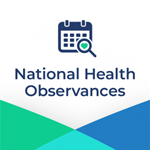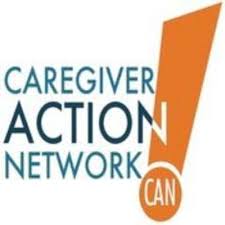Women in U.S. Still Dying from a Preventable Disease
 The risk of dying from cervical cancer in the U.S. is higher for women than previously thought, especially if you are black and older than 65, according to recent analysis conducted by Johns Hopkins University.
The risk of dying from cervical cancer in the U.S. is higher for women than previously thought, especially if you are black and older than 65, according to recent analysis conducted by Johns Hopkins University.
The reasons for the racial disparity—black women are twice as likely to die from cervical cancer than white women— are not clear, but may have to do with differences in access to preventive care, screening rates and quality of treatment.
Preventive care and screening are key because cervical cancer is highly preventable and treatable if detected early. A Pap smear detects cancerous and precancerous cells in the cervix, and the HPV vaccine can prevent most cases of cervical cancer.
Current screening guidelines (released in 2012) recommend women age 21 to 65 be screened every three to five years. Screening is not recommended after age 65 if a woman has had three normal Pap tests in the last decade. These guidelines may be changing. According to the American Cancer Society, more than 15 percent of cases of cervical cancer are found in women over 65. Click here to send an e-card.
What You Can Do
January is Cervical Health Awareness Month. Encourage the women you know to follow the recommended screening guidelines. If they are 65 or older, let them know they should talk to their doctors about the need for screening, especially if they have ever had an abnormal Pap smear.
The American Cancer Society reports that in the U.S., Hispanic women are most likely to get cervical cancer, followed by African-Americans, Asians and Pacific Islanders, and whites. These statistics, as well as the recent research out of Johns Hopkins, underscore the need for culturally competent education, outreach and care, as well as ensuring equitable access to quality care. Healthcare providers and interested individuals can check out the National Partnership for Action for resources and help addressing health disparities.
Free and Low-Cost Screening
The National Cervical Cancer Coalition has information on free and low-cost cervical cancer screening. Click here to find resources near you.
Help with Social Security Disability Insurance
The impact of cervical cancer on a woman’s ability to work depends on the stage of cancer and her treatment options. If she anticipates being out of the work force for 12 months or more, she may be eligible for Social Security Disability Insurance benefits. A free assessment is available at Expert.Allsup.com.
Allsup
Related Articles

Uncategorized
Helping Family Caregivers With What They Need to Know

Uncategorized
Understanding MS and Disability Benefits

Uncategorized
BIA-MO Gets Real about Brain Injury Awareness

